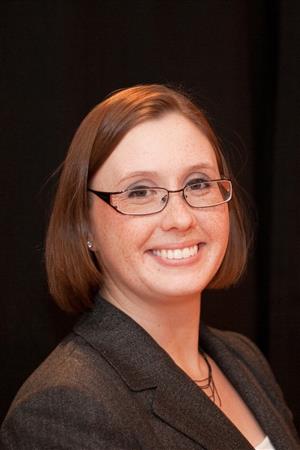
On April 24 we met online and heard from member Elise White on her recent appointment as Lancaster County Juvenile Court judge.
Elise explained that there is a 2-stage process to the nomination.
There is a judicial nomination committee consisting of 4 attorneys elected by the bar association and 4 lay members appointed by the governor. For each group they are to be half democratic and half republican. They review the applications submitted by the attorneys seeking appointment. The applicants make a presentation to the committee in a public hearing. Background checks are conducted on all applicants.
At least 2 candidates come out of committee, though there can be more. In this case there were 10 that initially applied and 2 came out of committee. From that, the Governor makes the final selection.
Elise explained that, in Lancaster County, there is a separate juvenile court which means the judges only hear juvenile court cases. In other counties they may hear other types of cases.
The types of cases that come to juvenile court could be child abuse or neglect. She may also hear cases of violation where the primary issue is that they are a minor.
She likes juvenile law because the work is rehabilitative. The goals isn't to punish but to put services in place to fix the reason that the juvenile came to court. Reasonable efforts are put in place to fix the situation. With assessments and evaluations, the judge makes a decision on the plan for that particular situation. That may mean participating in programs, counseling or maybe no contact with the kids until they feel there has been sufficient improvement in the situation. Will the child be safe.
The goal is happy, healthy families.
Unfortunately, sometimes the rehabilitative steps don't work and the children need to be placed in foster care.
Elise shared that the cases of child neglect and abuse are currently down. Many of the cases are reported by schools so, once school is back in session, she feels the cases will increase.
Judges are not able to continue to practice law. So, she has transitioned her clients to the others in her office. But, before she is an active judge there is training with current sitting judges as well as a specialized 2-week training course. And there will be annual on-going training.